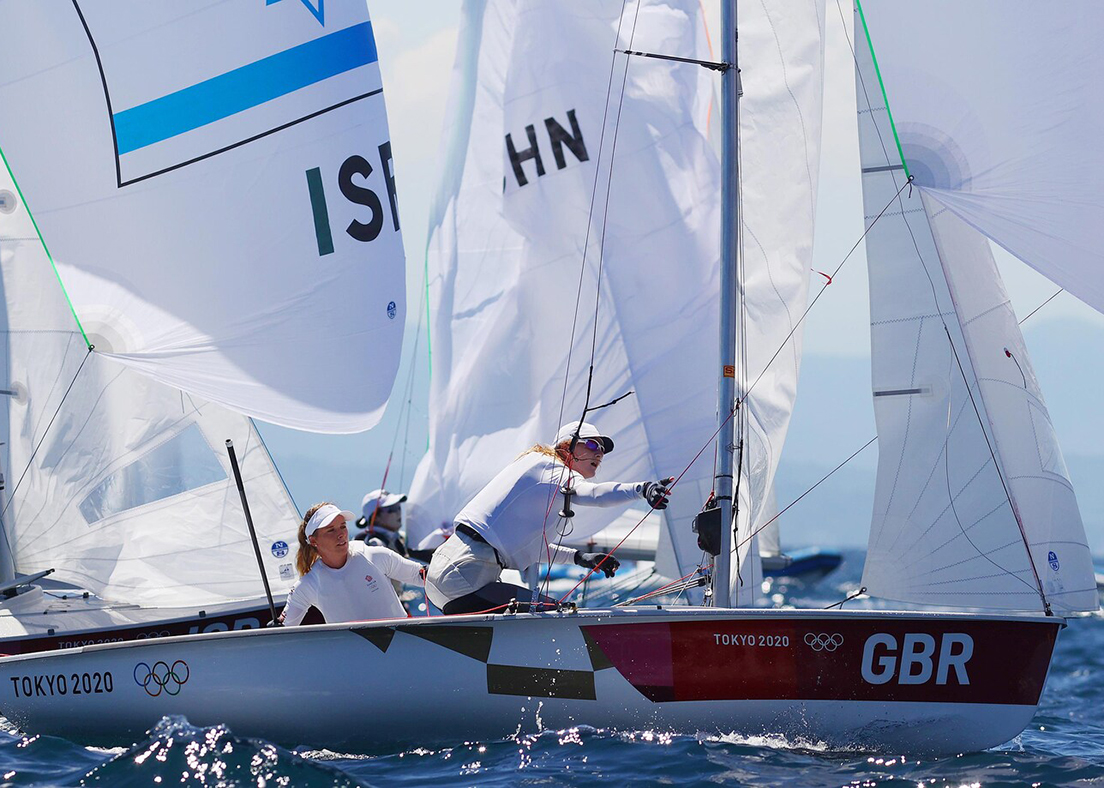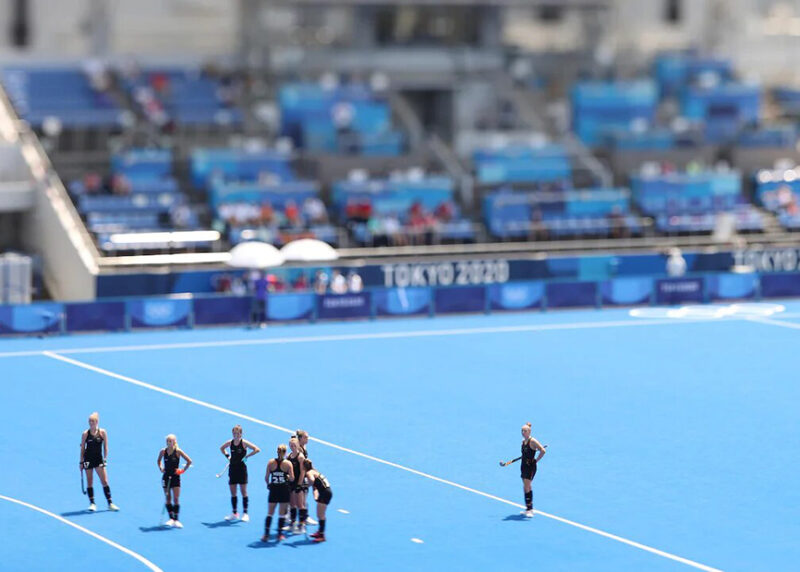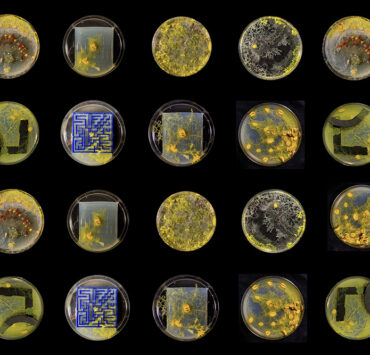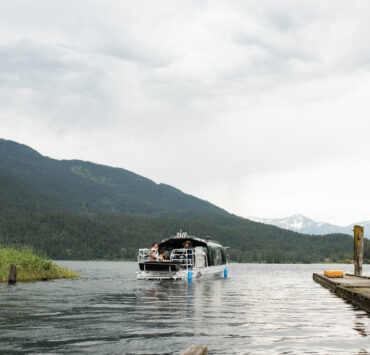Sports Promote Ocean Health In A Powerful Way

The powerful role of sport in promoting the health of the ocean and protecting life below water has been highlighted at the UN Oceans Conference currently taking place in Lisbon, Portugal.
In a session entitled “Racing for Clean Seas: Sport as a game-changer in promoting ocean health and accelerating the implementation of SDG 14”, the participants discussed the ways in which sports organizations are addressing the global problem of marine litter and plastic pollution.
“Sport has a hugely important role to play in accelerating change globally,” said IOC Sustainability Ambassador, Olympic Champion in sailing at Tokyo 2020 and Rio 2016, and silver medallist at London 2012 Hannah Mills, who represented the IOC at the event. “The reach of sport is unparalleled, and the Olympic Movement can and is helping lead the way.”
Organized as part of the UN Clean Seas Campaign, one of the biggest campaigns devoted to ending plastic pollution in the ocean, the event featured speakers from the National Oceanic and Atmospheric Administration (NOAA)’s National Ocean Service, the European Commission, the UN Environment Programme (UNEP), the Fundación Ecomar, the Arabian Ocean Rowing Team, and the Mirupir Foundation. It also saw pledges from the United States and the European Commission to come on board.
“Plastic pollution in the environment has a very direct impact on sports, and I have experienced it first-hand throughout my sailing career”, said Hannah Mills. “Meeting a challenge of such a scale requires action by all sectors, including sport.
“Sport has an unrivaled capacity to motivate, inspire and gather billions of people across the world. As individuals, athletes can make choices to cut down on plastic waste, but their greatest impact lies in their capacity to influence others thanks to our global visibility and reach. By becoming advocates for change, athletes can encourage communities, sports fans, sponsors, organizers and suppliers to reduce, reuse and recycle plastic materials,” she said.
The IOC joined Clean Seas in 2018, calling on the Olympic Movement to come on board. Eleven International Sports Federations – ranging from athletics to golf and ice hockey, National Olympic Committees (including Germany, Spain, and several South Pacific Islands), and Worldwide Olympic Partners such as Coca-Cola and P&G have since come on board, committing to taking action against plastic pollution.
As part of its commitment to Clean Seas, in September 2017, the IOC supported Hannah Mills in the launch of the Big Plastic Pledge – a global campaign to unite athletes and fans around the issue of plastic pollution. Around 6,000 people have joined the campaign so far.
Sports Organizations Have Also Taken Action To Address Marine Plastic Pollution.

At the Olympic Games Tokyo 2020, the field at the Oi Hockey Stadium was the first of its kind to be made from renewable raw materials: 60 percent of its surface consists of the by-product of the sugar cane industry, renewable polyethylene technology. As a result, it requires only one-third of the water that is normally used for Olympic hockey pitches.

The International Volleyball Federation (FIVB), together with the Ghost Fishing Foundation, has launched the Good Net project, which involves recovering fishing nets from the sea and turning them into volleyball nets for community use. The project was first implemented in Brazil, where the Rio 2016 Olympic beach volleyball competition was held. Good Net is now being implemented around the world as part of the FIVB’s global schedule of beach volleyball and volleyball competitions.
Covering over 70 percent of our planet’s surface, the oceans are responsible for producing oxygen, cleaning the air, and regulating the weather. However, they are facing a myriad of challenges, from overfishing to surging noise, chemical, plastic, and oil pollution, as well as climate change.
According to the UN, the equivalent of one refuse truck of plastic is dumped into the ocean every minute. Littering causes pollution and alters the properties of the water, harming marine wildlife, depleting fish stocks, and impacting global economies.
Co-hosted by the governments of Kenya and Portugal, the UN Oceans Conference brings together heads of state and government, leaders from the private sector, the scientific community, and other partners in order to “propel much-needed science-based innovative solutions aimed at starting a new chapter of global ocean action”.









